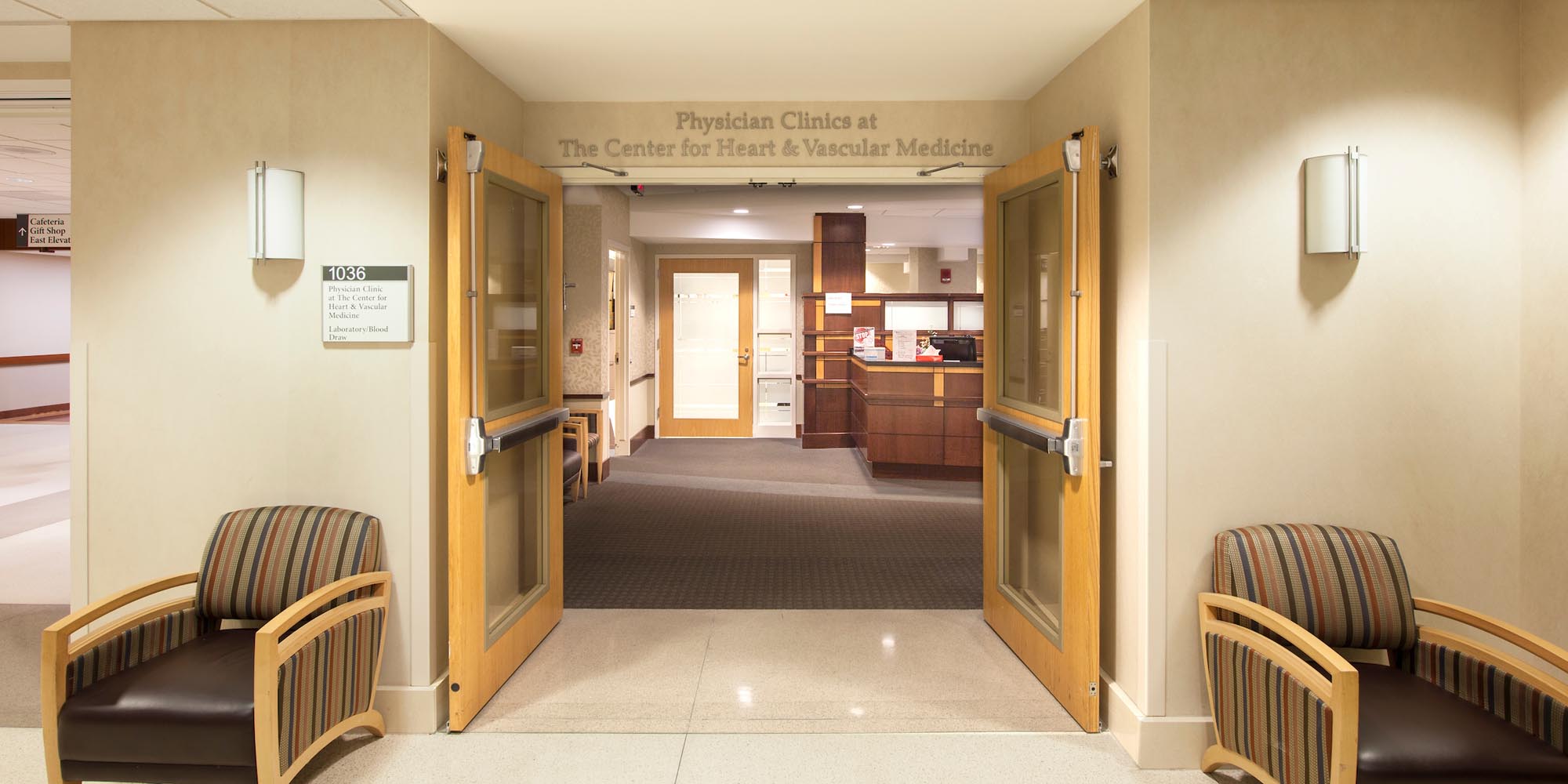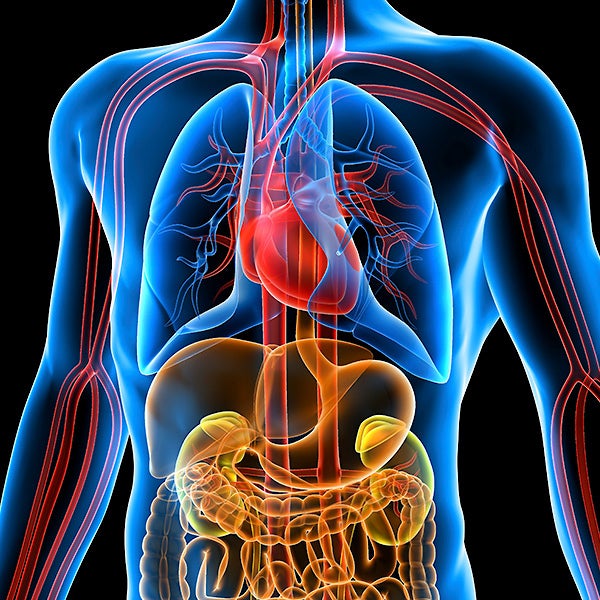Common Questions about Heart Transplants
If your Loyola cardiologist or cardiovascular surgeon has recommended a heart transplant as your best medical option, we understand that you will have many questions.
We expect that you have many concerns about your transplant surgery and are available to answer your questions at your appointment times.
Common Questions about Heart Transplants
If your Loyola cardiothoracic surgeon has recommended a heart transplant as your best medical option, we understand that you will have many questions. Loyola Medicine is known for taking on the most challenging cases. If you’ve been turned down by another transplant center, consider getting a second opinion at Loyola.
We expect that you have many concerns about your transplant surgery. You may be interested in reviewing the answers to the most frequently asked questions about heart transplant surgery. We are also available to answer your questions at your appointment times or by phone.
Common Questions Before Heart Transplant Surgery
How can I become a donor or encourage a friend to become a donor?
Loyola Medicine has partnered with Gift of Hope Organ & Tissue Donor Network as part of the Hospitals for Hope campaign. You can register to become an organ and tissue donor on the Gift of Hope's website. Your decision can make an impact that will save and enhance countless lives.
How long should I expect to wait for my transplant?
At Loyola, 50 percent of patients receive a transplant eight months after being placed on the national waiting list. Your Loyola transplant team will continue to manage your condition and keep you healthy until you receive your transplant.
Who pays for the operation?
Insurance, whether private, Medicare or Medicaid, will pay for your evaluation and surgery. Please contact your insurance company for specific levels of coverage.
How can I find out if I need a heart transplant?
Talk to your doctor to see if a heart transplant is right for you. You can call our transplant clinic and a transplant nurse will answer your questions.
How do I know if I qualify for a lung, heart-lung or double-lung transplant?
Although you may have been told you need a transplant, several tests must be done to evaluate your overall health, including how your heart, lungs and kidneys are functioning. After your tests are completed, a pulmonary transplant specialist will review your results and propose the best treatment for you.
What does a lung, heart-lung or double-lung transplant evaluation involve?
Once patients are identified as potential transplant candidates, they undergo several days of tests and consults. The lung transplant team will then review and discuss the results to determine if the patient should be recommended for transplant surgery. A medical team also will determine at that time whether the patient requires a single-lung, double-lung or heart-lung transplant surgery. Testing may include blood tests, urine test, chest X-ray, pulmonary function test and CT scan, to name a few.
What is the age limit for a lung, double-lung or heart-lung transplant?
Lung transplants are routinely performed for patients of all ages. At Loyola, we perform adult and young adult lung transplants. A patient will not be denied a transplant based on age alone.
What does it mean to be on the “waiting list” for a lung, double-lung or heart-lung transplant?
Once the decision has been made to move forward with a transplant, your name will be placed on the national waiting list with the United Network for Organ Sharing, or UNOS. You can visit their website for research and educational articles on transplant surgery.
What should I be doing while I wait for a donor?
Waiting for a donor organ can be a stressful experience, especially because your wait time is unknown. During this time, there are important steps that transplant candidates can take to ensure they are ready for surgery when the important call comes:
- Take care of your health. Try to stay as healthy as possible and take your medicines as instructed. Notify your transplant coordinator if any additional medicines are prescribed or altered, or if you are hospitalized for any reason.
- Keep your scheduled appointments with your doctors. Until your transplant, you will need to meet with members of the transplant team to routinely evaluate your overall health, which may include periodic blood tests.
- Participate in support groups. Ask your social worker about support groups and other resources, so you'll have access to more information and can talk with other transplant candidates.
- Follow weight control and exercise guidelines. Weight management is very important while waiting for your transplant surgery. Loyola’s dietitians and physical therapists will work with you to develop a diet and exercise program that will give you the greatest benefit before and after transplant surgery.
- Occupy yourself by staying involved. Spend time doing what you enjoy and stay as active as your physical condition will permit. Keep up with your work, studies and leisure activities, or start a project or hobby that can help distract you and make time pass more quickly.
- Maintain contact with family and friends. Good company will take your mind off waiting and enrich your life.
- Just relax and reduce stress. Reading or listening to music or relaxation tapes can be helpful in taking your mind off your transplant surgery and avoiding negative thoughts.
- Make sure you are available. Your transplant team MUST know how to get in touch with you at all times. Pagers, cell phones or remote answering machines may be required. Your transplant coordinator may recommend that you stay within a certain geographic range.
- Be prepared with transportation. When you are placed on the organ waiting list, your first responsibility is to plan how you will get to the Transplant Center when are notified that a match is available. Prepare yourself for this call by making the necessary arrangements for transportation well in advance.
- Pack your bags in advance. You'll need to be ready to leave as soon as you get the call that the transplant surgery may be imminent. Be sure to pack your insurance information, an extra 24-hour supply of medication and all other necessities.
What tests may be required before my surgery?
Periodic testing must be done to monitor your health while you wait for an organ to become available.
Where do I go for transplant surgery?
When called in for transplant surgery, the nurse will give you instructions on when to come to the hospital and where to go.
How long is transplant surgery?
The surgery can take from three to four hours for a single-lung transplant and six to 12 hours for a double-lung transplant. Surgical time can vary from patient to patient based on the complexity of the operation.
Common Questions after Heart Transplant Surgery
What are visiting hours?
Visiting hours are set to allow you the time to recover after your surgery. Visiting hours for most hospital patients are from 9 am to 9 pm.
What can I expect during my hospital stay?
After your transplant surgery, you will be taken to the intensive care unit where you will be closely monitored. You will remain on a ventilator for about 24 hours. You will have many tubes and drains in place, including several intravenous catheters (IV), a urinary catheter, a stomach drainage tube and chest tubes.
When your medical condition has stabilized, you will be placed on a portable cardiac monitor. Most patients stay in the hospital for about 15 days. The length of your hospital stay will depend on the severity of your illness before the transplant surgery and complications after surgery. If you are very weak, you may need rehabilitation.
What type of pain control will I have?
Your level of pain will be carefully monitored and controlled with medicine administered through your IV. When you start eating again, the pain medication will be given as pills or tablets.
Are there external stitches that need to be removed?
Your incision will be closed with small adhesive bandages. As your wound heals, these bandages will fall off.
Will I have a breathing tube in after my surgery?
Following your transplant surgery, you will be on a breathing machine. The tube will be removed as soon as your doctor determines you are well enough to breathe on your own.
How long will I need to stay in the hospital?
The average length of stay following transplant surgery is 15 days, but each patient’s case is unique.
What procedures must I follow after my transplant surgery?
Following transplant surgery, you will have several follow-up appointments. Lung transplant requires periodic blood work, radiology testing, pulmonary function testing and bronchoscopy. Heart transplant also requires periodic blood work and radiology testing, as well as echocardiograms and endomyocardial biopsies. These tests monitor how well your new organ or organs are functioning.
How long will I have to take anti-rejection medications?
You will have to take these medications for as long as you have a transplanted organ. The anti-rejection medications are extremely important and must be taken every day, preferably at the same time, to prevent rejection. Taking your medications is one of the most important things you need to do after your transplant surgery.
What activities can I do at home?
Before discharge from the hospital, you will be given a personalized exercise plan and activities to avoid while healing from surgery.
Will I have any restrictions?
There are many restrictions that you must follow immediately after surgery while you are healing. You also will be instructed on restrictions that need to be followed to protect you and your new organ or organs from infection and rejection.
When can I return to work?
The goal of transplant surgery is to allow you to return to former activities, including work. It usually takes about six weeks to recover from surgery. Work clearance is given on an individual basis.
What follow-up appointments will I have?
You will have several follow-up appointments after being discharged, including pulmonary, surgery and endocrine visits. You will receive a list of appointments before your discharge from the hospital.
Whom do I call if I have questions or problems after my transplant surgery?
You will be given a list of important phone numbers prior to discharge with instructions on whom and when to call.
What if I need rehabilitation after my surgery?
Rehabilitation is required following transplant surgery to increase strength and endurance. Rehabilitation can be performed on an inpatient or outpatient basis. Your social worker will assist you in finding a facility close to your home. Learn more about pulmonary rehabilitation.
Will I need oxygen after surgery?
Sometimes people need oxygen following surgery. You will be evaluated by respiratory therapists to see if you need oxygen before discharge.


